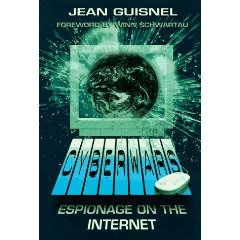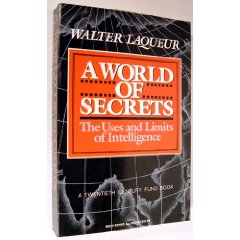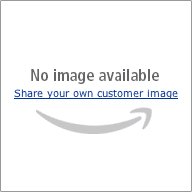Reviews: Cyberwars
3 Star, Asymmetric, Cyber, Hacking, Odd War, Intelligence (Government/Secret)Review: A World of Secrets–The Uses and Limits of Intelligence
5 Star, Intelligence (Government/Secret)Review: Informing Statecraft–Intelligence for a New Century
4 Star, Diplomacy, Intelligence (Government/Secret), Strategy“It is not too gross an exaggeration that when considering any given threat, DIA will overestimate, CIA will underestimate, and INR will blame the U.S. for it.” From his opening chapter and his distinction between static, dynamic, and technical facts, on through a brilliant summary of the post-war spy on page 103 and lengthy sections on how we've gotten it wrong, how we can get it right, and what is needed in the way of reform, I found this book worthy of study. An analyst and political staffer by nature, the strength of this book rests on the premise in the title: that intelligence should be about informing policy, not about collecting secrets for secrets' sake.









